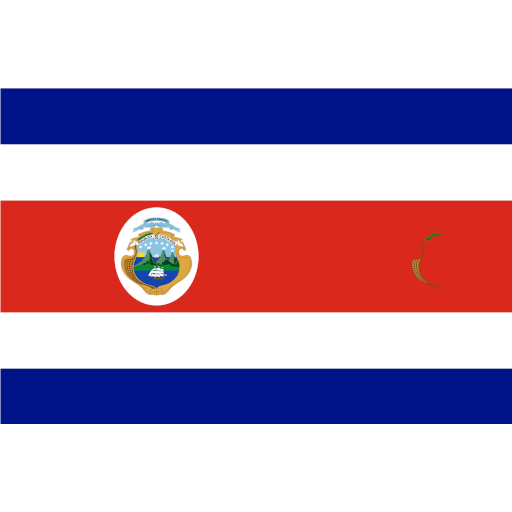ECONOMIC INDICATORS:
EXCHANGE RATE EUR: 1 USD - $0.85950 
EXCHANGE RATE COP: 1 USD - $3,717.09000 
EXCHANGE RATE MXN: 1 USD - $17.98420 
INPC Dec 2025 - 143.042 
- About us
- Services
- Audit
- Financial and Tax Audit
- IMSS, INFONAVIT and State Tax Audit
- Internal Financial Information Controls (SOX)
- Assurance and Agreed-Upon Procedure Reports
- First-Time Adoption of International Financial Reporting Standards (IFRS)
- Preparation for Tax Audit and Filling Out of The Tax Situation Informative Return (ISSIF) and the Statutory Tax Report (SIPRE)
- Complex accounting
- Environmental, Social and Corporate Governance (ESG)
- Advisory
- Tax
- Business Process Solutions (BPS)
- Financial advisory services
- Audit
- Industries
- Doing Business
- Careers
- Beyond JA Del Río
- Insights
- Contact
- 中国服务组
EXCHANGE RATE EUR: 1 USD - $0.85950 
EXCHANGE RATE COP: 1 USD - $3,717.09000 
EXCHANGE RATE MXN: 1 USD - $17.98420 
INPC Dec 2025 - 143.042 















